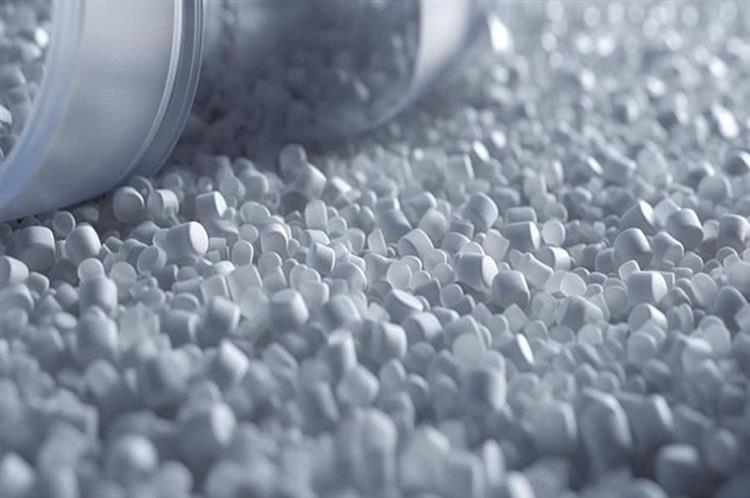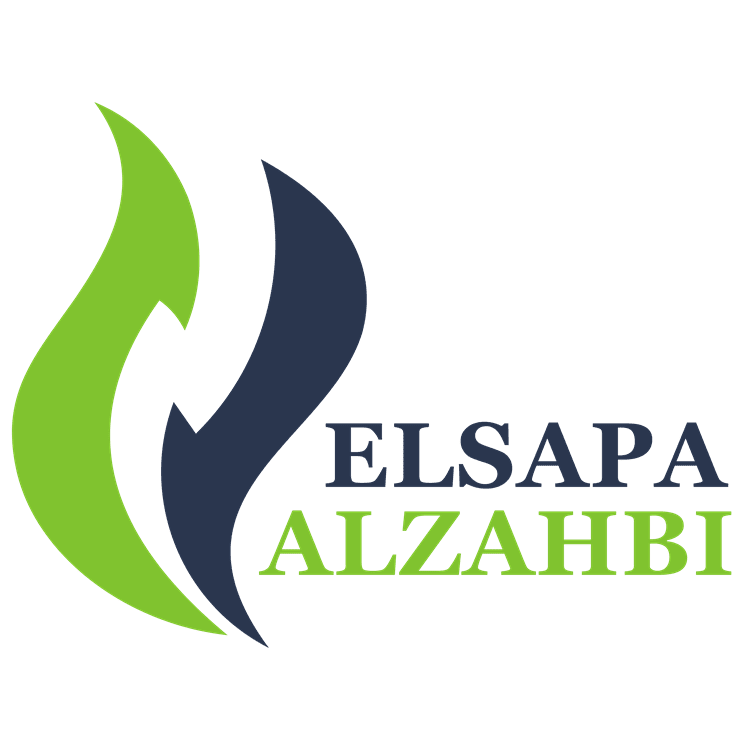
- 13 May 2024
- 867 Views
Superabsorbent polymers (SAPs) are unique materials capable of absorbing and retaining large amounts of liquid relative to their mass. These polymers have wide-ranging applications across various industries, making them invaluable in the UAE’s diverse economic landscape. This article explores the significant uses and benefits of SAPs in the UAE, highlighting their impact on agriculture, healthcare, industry, and construction.
Understanding Superabsorbent Polymers
Superabsorbent polymers are cross-linked hydrophilic networks that can absorb and retain substantial quantities of aqueous fluids. They work by swelling as they absorb liquid, forming a gel-like substance that holds the liquid even under pressure. This property makes SAPs ideal for applications requiring high absorption capacity and retention.
Agricultural Applications
In agriculture, SAPs are used to improve water retention in soil, crucial for the UAE’s arid climate. They help in:
- Water Conservation: SAPs reduce water wastage by retaining moisture in the soil, making it available to plants over time.
- Drought Mitigation: By enhancing soil water retention, SAPs are beneficial in drought-prone areas, ensuring crops receive adequate moisture.
- Improved Crop Yields: Consistent moisture levels in the soil lead to healthier plants and higher crop yields.
| Use | Benefit |
|---|---|
| Agriculture | Water conservation, drought mitigation, improved crop yields |
| Medical & Hygiene | Superior absorbency in diapers, wound dressings, medical sponges |
| Industrial & Environmental | Wastewater treatment, oil spill management |
| Construction | Enhanced durability and curing of concrete |
Medical and Hygiene Products
SAPs are widely used in hygiene products such as diapers, adult incontinence products, and sanitary napkins. In the medical field, SAPs are utilized in:
- Diapers: Providing superior absorbency, keeping the skin dry and preventing rashes.
- Wound Dressings: SAPs are used in advanced wound care to absorb exudates, keeping the wound area clean and promoting healing.
- Medical Sponges: Used during surgeries to control bleeding and absorb fluids.
Industrial and Environmental Uses
Industrially, SAPs play a significant role in:
- Wastewater Treatment: SAPs are used to absorb and remove contaminants from wastewater, aiding in the purification process.
- Oil Spill Management: SAPs help in containing and cleaning up oil spills by absorbing the oil from water bodies, minimizing environmental damage.
Construction Industry
In the construction sector, SAPs are used in concrete and building materials to improve performance:
- Enhanced Durability: SAPs in concrete help control water retention, reducing cracking and improving structural integrity.
- Efficient Curing: They ensure uniform moisture distribution during the curing process, essential for the strength and longevity of concrete structures.
Market Trends and Innovations
The market for SAPs in the UAE is growing, driven by innovations and increased applications:
- Nanotechnology: Advances in SAP technology include the development of nano-sized particles that enhance performance.
- Sustainability: The focus is on creating eco-friendly and biodegradable SAPs to reduce environmental impact.
- Market Growth: The demand for SAPs is expected to rise due to their expanding applications in various sectors.
Environmental Impact and Sustainability
SAPs contribute to sustainability efforts in multiple ways:
- Eco-Friendly Products: Development of biodegradable SAPs that break down naturally, minimizing environmental impact.
- Water Conservation: By enhancing water retention in agriculture, SAPs support sustainable water use practices.
- Reduced Chemical Use: In industrial applications, SAPs reduce the need for harmful chemicals, promoting a safer environment.
